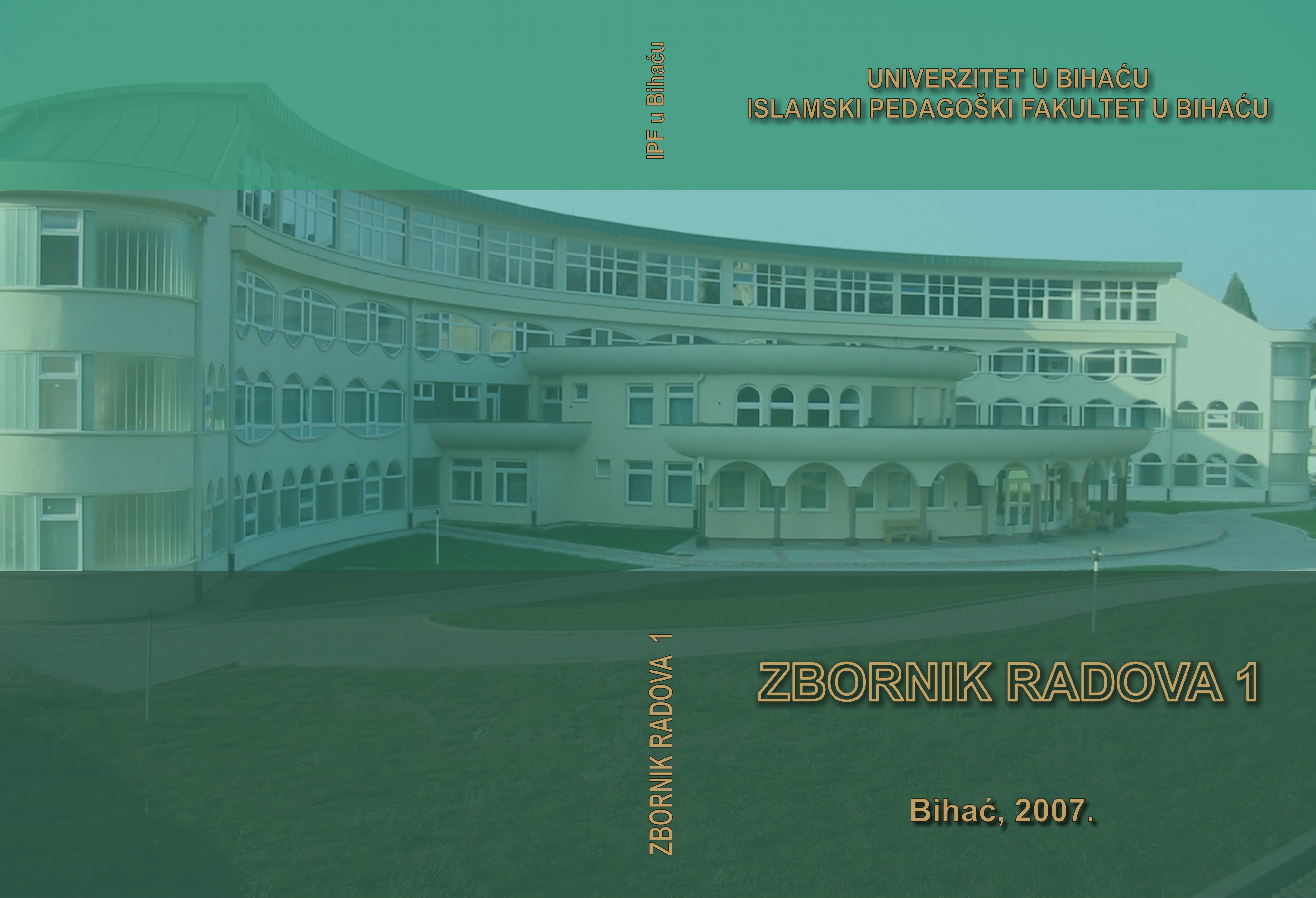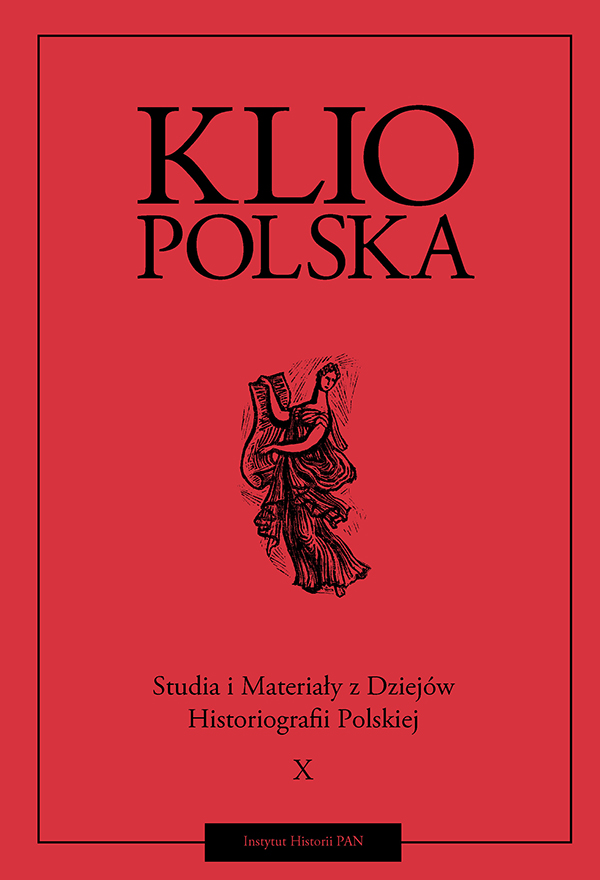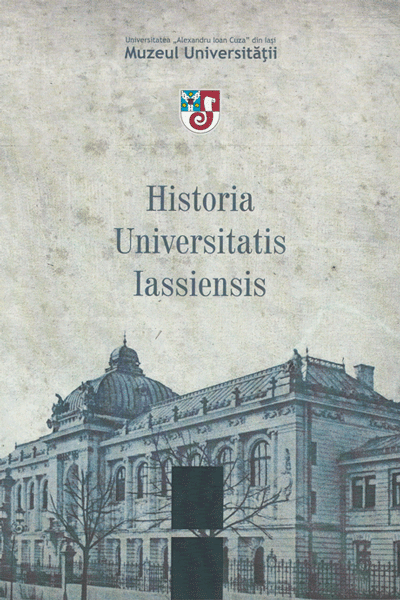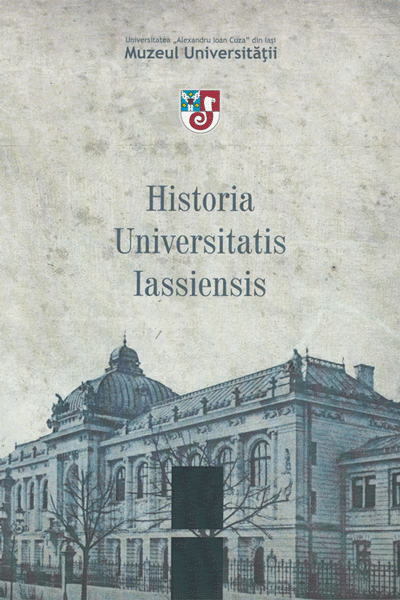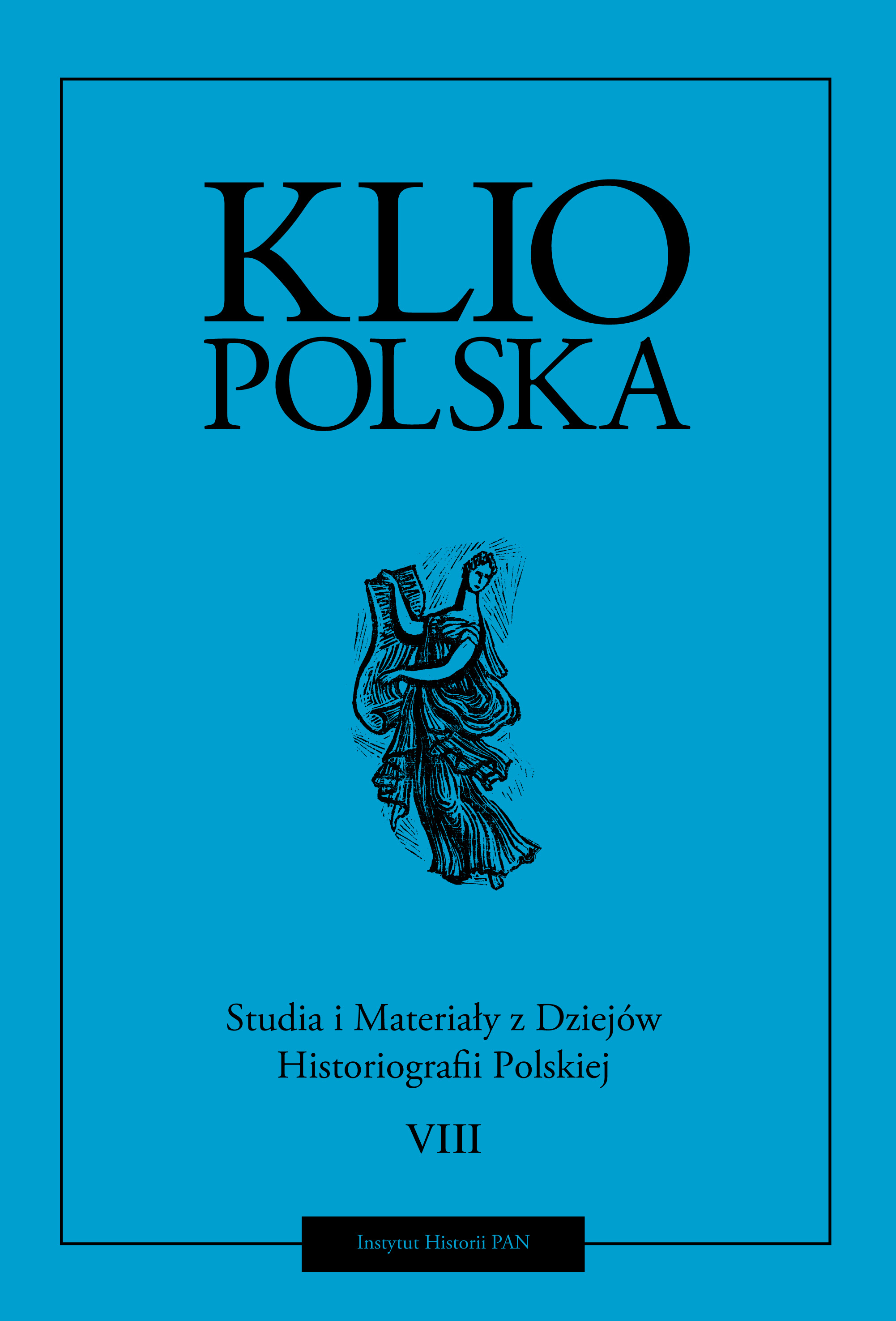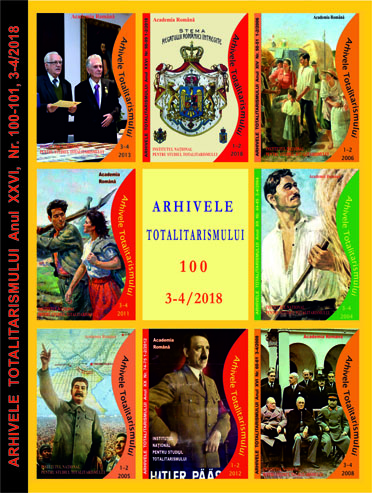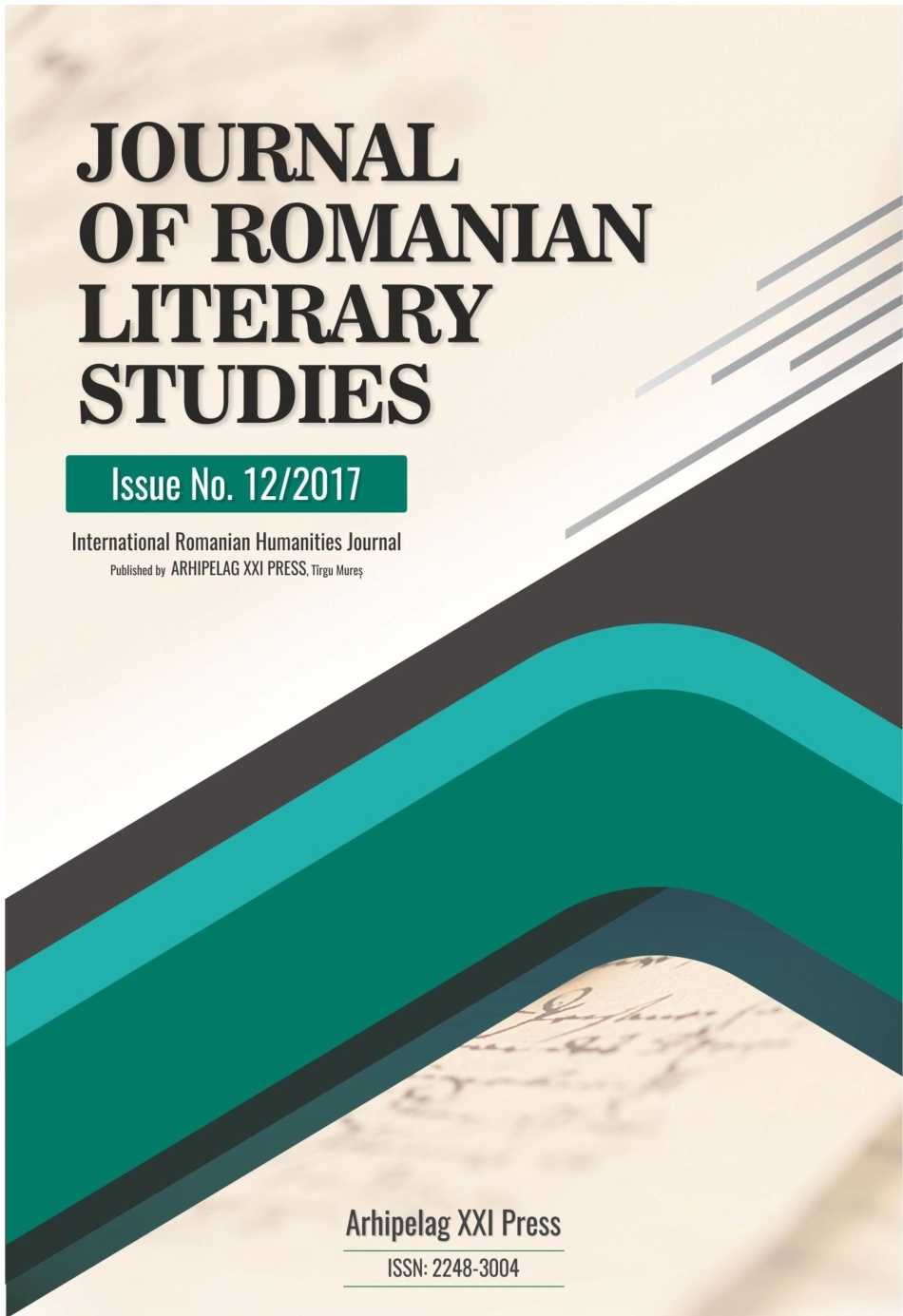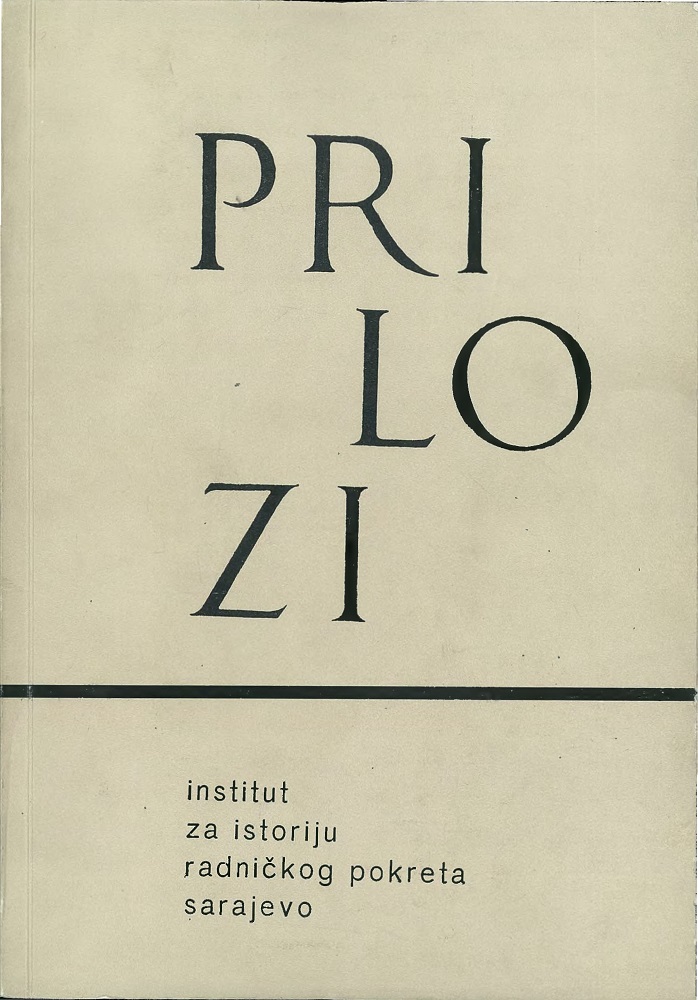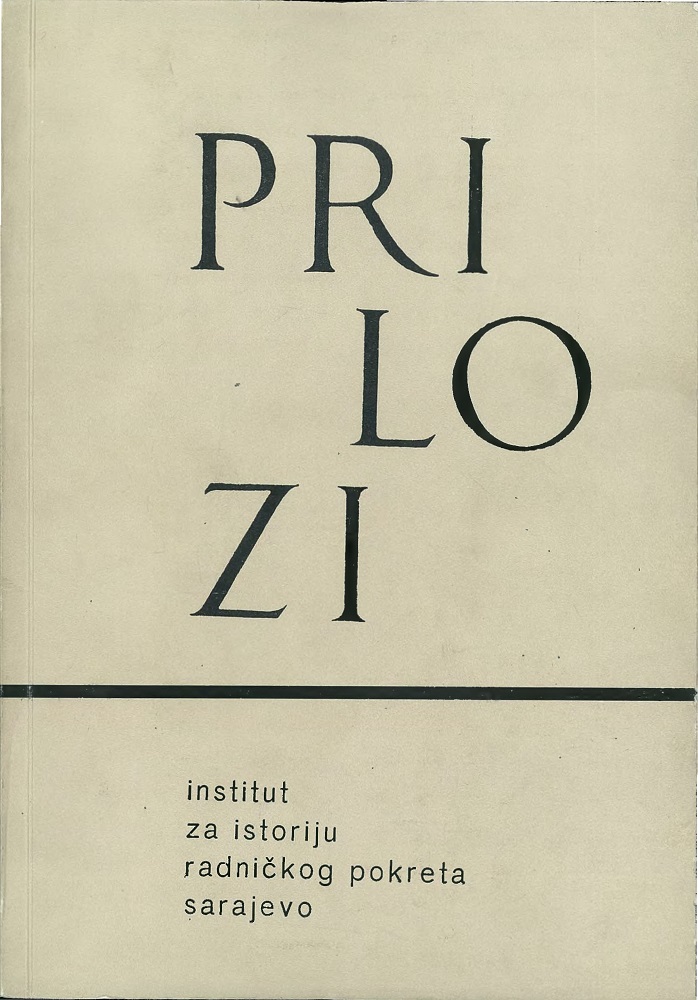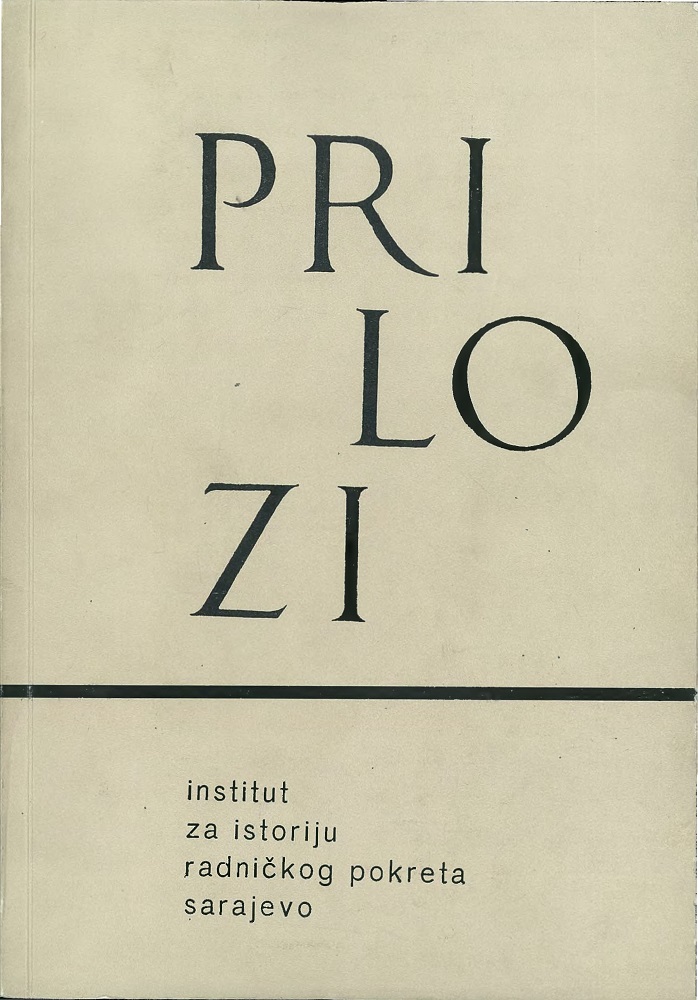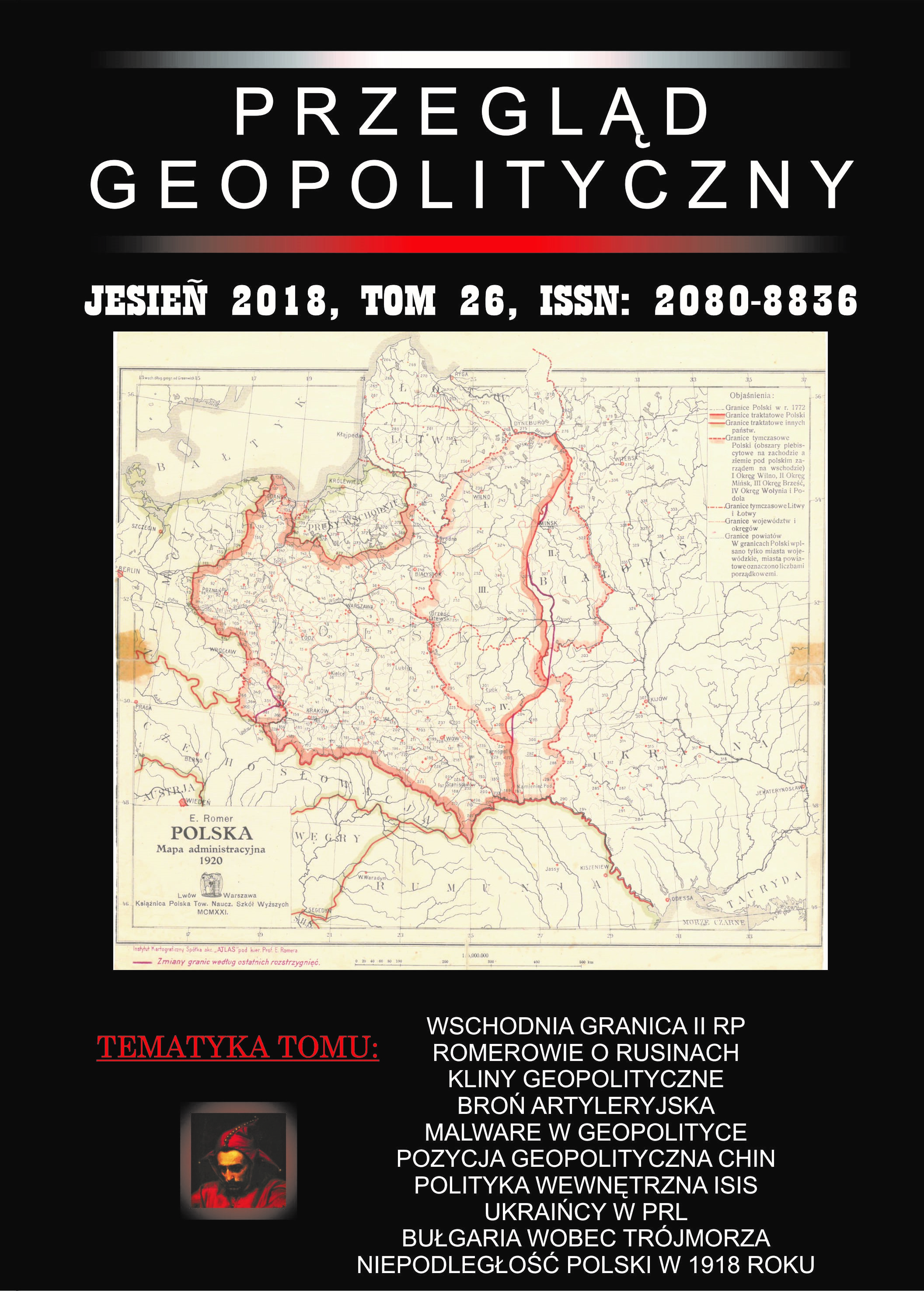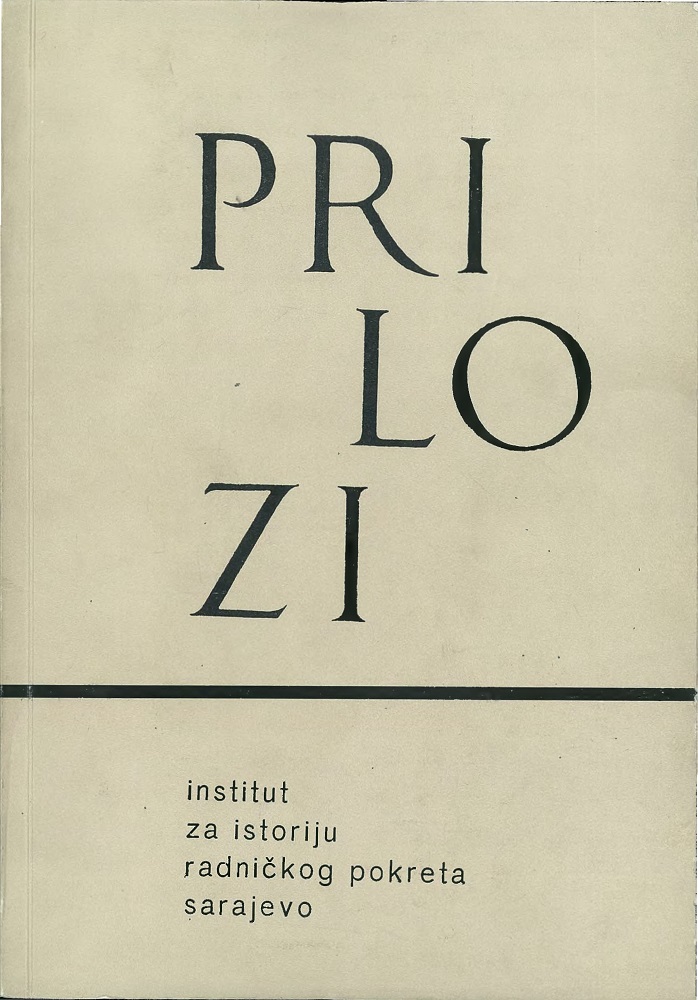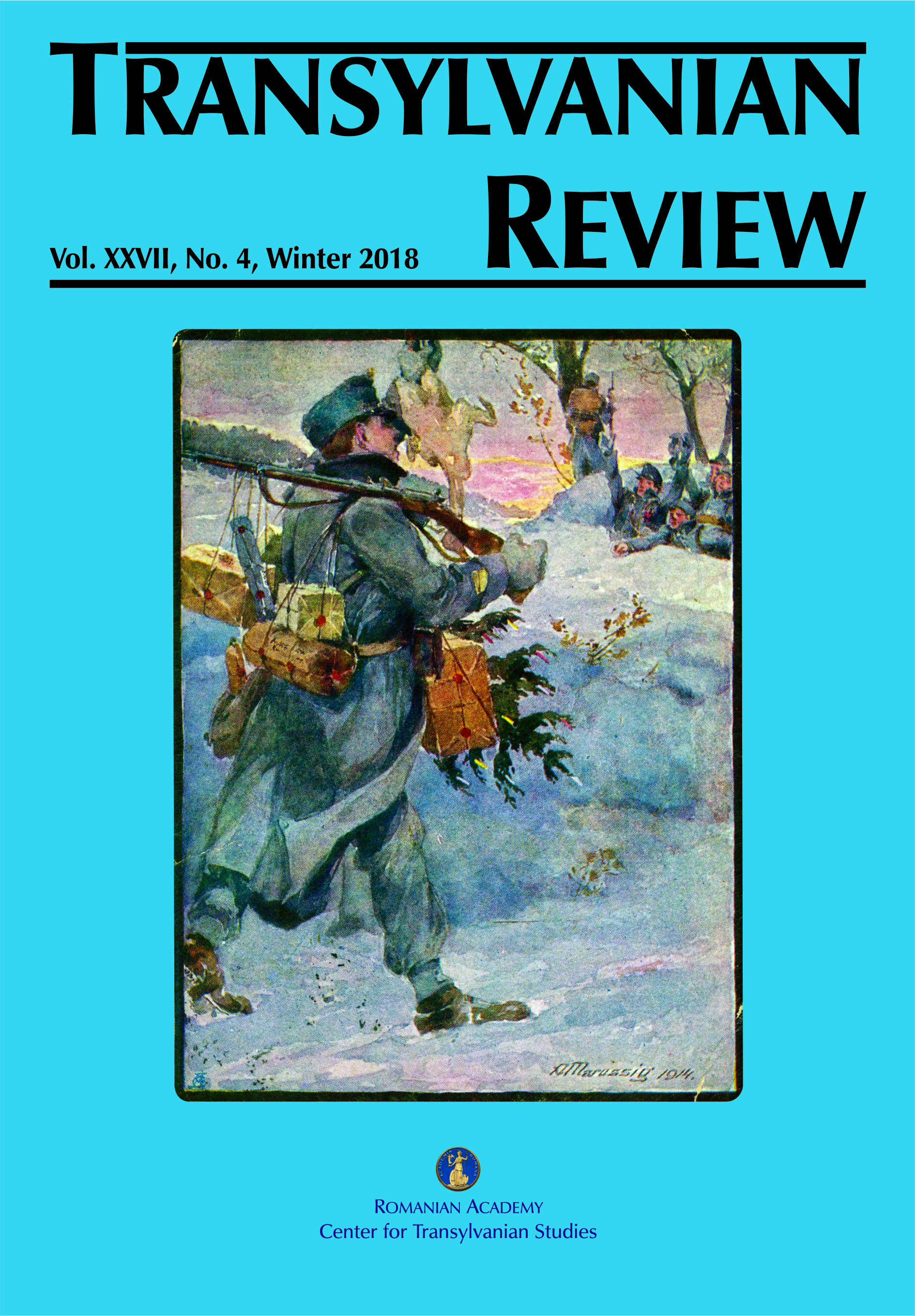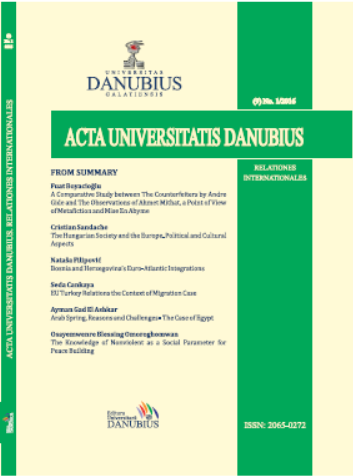
The Clash of Nationalisms: The Croats and Serbs in Interwar Yugoslavia
On 3 October 1929, the Kingdom of the Serbs, Croats, and Slovenes was officially renamed the Kingdom of Yugoslavia. Although Nikola Pasic had insisted on preserving the name Serbia, King Alexander sought to promote and protect the political-bureaucratic dominance of the Serbian bourgeoisie under the Yugoslav regime. The Serbs and the Croats are the most popular nations of Yugoslavia, after the First and the Second World War, and in many regions they lived together. This made it clear that Croat-Serb relations and the Croatian national question would present the Yugoslav state with its greatest problem in the coming decades.
More...
